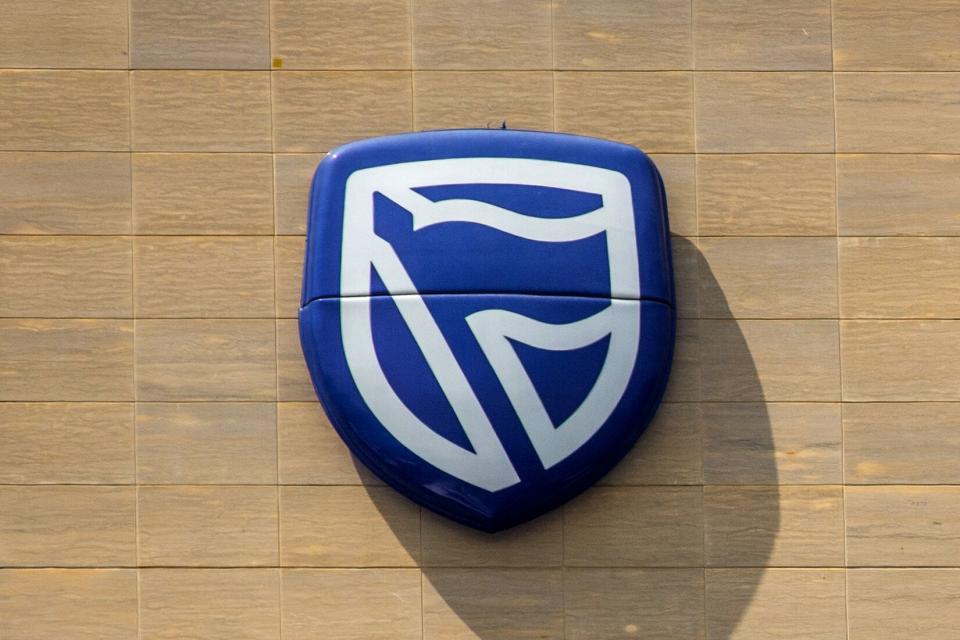Angola to Sell Stake in Standard Bank Unit It Seized From Tycoon

(Bloomberg) -- Angola plans to sell a minority stake in Standard Bank de Angola SA that was controlled by a former insurance tycoon who is serving a nine-year prison term, according to a presidential decree.
Most Read from Bloomberg
Saudis Warned G-7 Over Russia Seizures With Debt Sale Threat
Archegos’ Bill Hwang Convicted of Fraud, Market Manipulation
S&P 500 Tops 5,600 Mark in Longest Rally This Year: Markets Wrap
The Angolan government seized a stake of 49% in Standard Bank Angola in 2020 from Carlos Sao Vicente, who was convicted for crimes including embezzlement and tax fraud.
Angolan President Joao Lourenco approved the sale of as much as 34% of Standard Bank Angola through an initial public offering according to the decree. The state will keep a 15% stake in the Luanda-based lender.
Standard Bank Group Ltd., Africa’s largest lender, owns the remaining 51% and has the right to buy an additional 24% stake in its Angolan unit through the IPO, according to the decree. It did not specify when the IPO would take place.
Sao Vicente, who has been ordered to pay Angola $500 million, was a key figure during the tail-end of former President Jose Eduardo dos Santos’ rule, which ended in 2017. During that period, he headed a group of companies, which sold insurance contracts to state oil company Sonangol and amassed a fortune that enabled him to buy the stake in Standard Bank Angola, among other assets.
The decision to seize his assets was linked to moves by President Lourenco to crack down on alleged graft under his predecessor’s rule.
Standard Bank started operations in the southern African country in 2010.
Sign up here for the twice-weekly Next Africa newsletter
Most Read from Bloomberg Businessweek
At SpaceX, Elon Musk’s Own Brand of Cancel Culture Is Thriving
Ukraine Is Fighting Russia With Toy Drones and Duct-Taped Bombs
©2024 Bloomberg L.P.

 Yahoo Finance
Yahoo Finance 